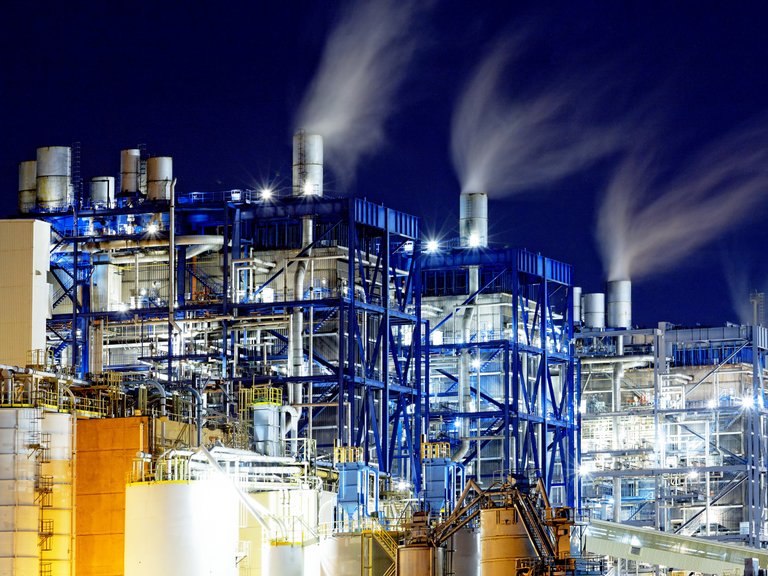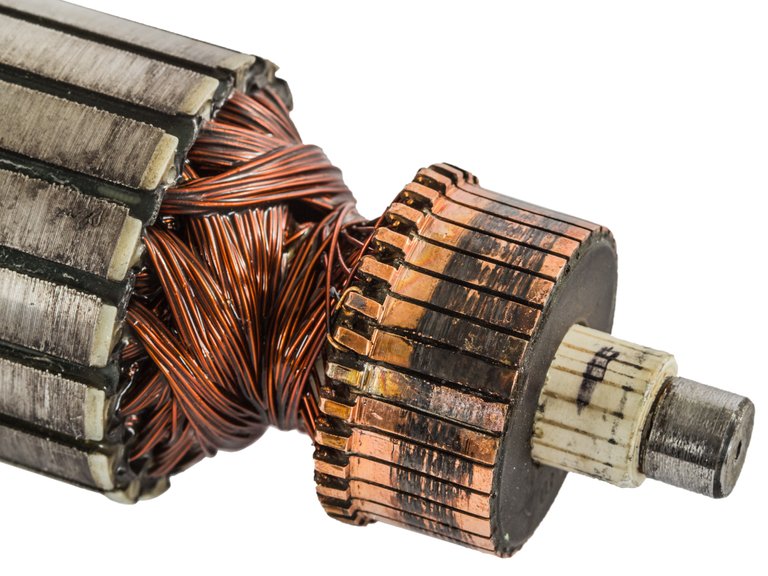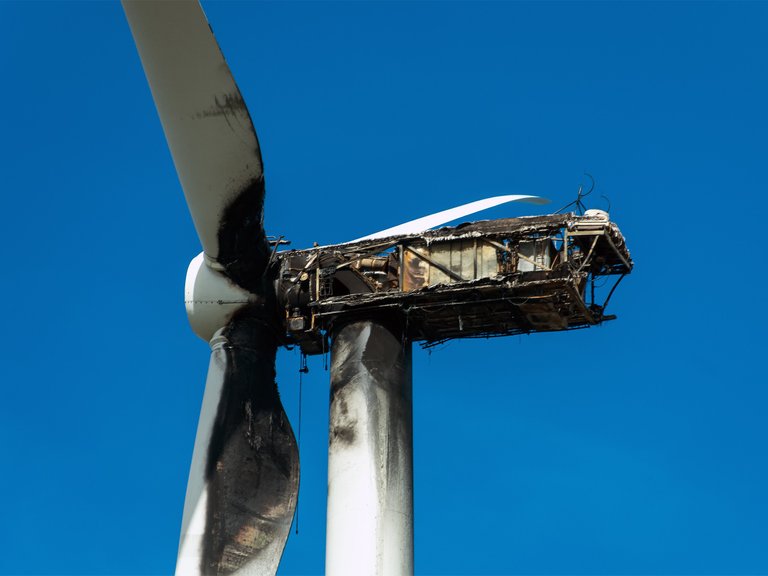Generator Protection: 7 Things that Wreck Your Generator

Generator protection is an important part of having a reliable power delivery service. Electrical systems are complex, and the failure of a generator can mean loss of critical plant systems. If you don't have generator protection and your generator fails, you lose tens of thousands to hundreds of thousands of dollars in repair and replacement costs (depending on the size of the generator).

A generator failure in a large plant could be extremely costly.
Not only that, but losing critical systems due to a lack of generator protection could result in extreme danger to anyone working in the facility, or even just anyone relying on the electricity of the generator for anything! Think about the costs of a generator failing in a remote northern location: if the heat is electric, everyone is now in danger of freezing to death. If power lines go down in a storm, roads suddenly become much more dangerous as street lights go out. Reliable power is important, and generator protection is one very important piece of the overall system puzzle.
So without further ado, here are 7 different things that can wreck your generators if you do not have appropriate generator protection.
Faults
A fault is any unwanted electrical current flow. Faults can cause all kinds of problems for your generator. For example, if the fault is a short circuit across the generator windings, then the winding could heat up and become damaged. Faults are a common cause of the rest of the dangers you need to account for with your generator protection.
Overload
If the generator cannot supply enough power to its loads, it will not necessarily shutdown automatically. What it will do is overheat, and maybe fall out of synchronization: both of these conditions can threaten to destroy your generator.
Overheating (Windings or Bearings)
Overheating can be caused by a number of things, such as the generator being overloaded, a winding insulation breakdown due to a fault, or insufficient bearing oil lubrication. Overheating a generator decreases its operational life, and can outright destroy the generator if the problem isn’t solved quickly enough.

A burned out machine is no good to anyone.
Overspeed
Typically, a generator will be forced to run above normal operating speeds when there is a loss of load on the generator circuit. The loss of load increases the generator voltage which in turn over excites the field and increases generator speed. Much like overloading, this can potentially cause the generator to OVERHEAT.
Loss of Excitation
Loss of excitation can cause your generator to go offline, which will in turn interrupt your power supply. When loss of excitation occurs, generator terminal voltage drops, causing reactive power from the system to flow into the generator. This threatens system stability.
Motoring
Motoring is what happens when the prime mover is not supplying enough power to the generator. The system is forced to make up for these losses by supplying real power to the prime mover, which causes the generator to act like a motor. Real power flows into the generator instead of out of it, and reactive power flows both into and out of the generator.

Motoring can destroy your prime movers, like this wind turbine.
Unbalanced Current Operation
The biggest problem with unbalanced current operation is that it causes current to flow through the neutral, increasing the power loss in your lines. This can be caused by unbalanced loads, or a fault, and once again, can result in overheating.
Closing
As you can see, while there are a few major things that can go wrong with a generator, the main cause of destruction is overheating.
Now that you know WHAT you need to protect your generator from, the real question is this: HOW do you implement generator protection?
I’ll be writing more articles in the future to answer that, so make sure to check back frequently!
As always, thanks for reading. Don't forget to sign up for our weekly newsletter below, where we'll offer all kinds of neat tips and tricks that you won't find on our website!
If you like this article and want to hear more sign up for our newsletter at jmkengineering.com/newsletter
0
0
0.000
0 comments